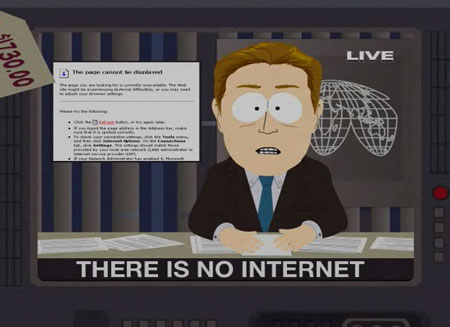A month ago today Sony Pictures computer network was hacked by a group calling themselves the “Guardians of Peace”, resulting in emails, confidential documents, financial statements of people in the movie industry, and a multitude of other information to the general public and the news industry giving stories galore for reporters to tell.
For a time, people didn’t know who had hacked the movie branch of Sony, until six days ago when the Federal Bureau of Investigation reported the North Korean government was responsible for the attacks. From this report, many including U.S. Republicans claimed NK had engaged in cyber-warfare while President Barack Obama disagrees, calling it “cyber vandalism” but vowed a response.
Since the attack, there was also speculation the incident was over the upcoming release of “The Interview”, a film starring James Franco and Seth Rogan depicting the assassination of NK leader Kim Jong-Un and with the Guardians last week threatening to target screenings of the film, it made it fairly obvious who the hackers might be, even though NK even offered to help with discovering the identities of the hackers.
Interesting enough, in the past two days, Internet went from being intermittent to non-existent in North Korea. Was it people from the U.S. who could have retaliated or just an interesting coincidence?
Since this, The Interview has been set to still air but in a “limited release” format and today, North Korea has threatened strikes on the White House, the Pentagon and the US mainland calling it a “cesspool of terrorism”.
I find it interesting they call the US a cesspool of terrorism yet don’t consider threatening to attack the US and two major poliical/military buildings “terrorism”. This isn’t the first time North Korea has made threats at the US, and likely won’t be the last, but now that the “war” has trekked into cyber territory it does bring up concerns of whether or not the West will see similar attacks and will the anger at the US trickle over into Canada (my home country) and the UK, along with other Western countries.
As an avid user of the Internet, being a journalist and all, obviously this would be a concern. Though given most of the above listed countries have more than 100,000 networks through which we connect to the Internet compared to the four North Korea has, it may be a tad more difficult to block our usage it still begs the question, what’s next from North Korea and where will this cyber-war go? I can’t help but wonder if it will move beyond cyber-attacks into actual attacks on the West. But I’m sure we can all agree this is more proof warfare is moving beyond missiles and tanks and into taking away something we use every day of our life.
I’d like to ask three questions of readers with regards to this (though during holidays I may get no responses so I’ll answer with my own thoughts too.)
1. If you rely on the Internet for gaming, news, etc what would you do if it went down?
The upside of our technology driven world is there are still other methods of gaining information from connecting to cellular networks on our phones or outside of the Internet, we can also still use radios, television and newspapers to get information.
2. How important has the Internet become to society?
Given the number of kids with their heads buried in their phones (myself included to be honest), it’s safe to say Internet has become an important part of society. We rely on it for information, to connect with our friends even when they’re in the same building as us, gaming, among many other aspects, it’s become something I’m not sure we can get away from. So if it were to go down, I think some people would potentially go around unsure what to do. I mean, has anyone seen the South Park show “Overlogging”? Watch it, it’s a rather interesting take on what would happen.

3. Now that The Interview will still air, what will be the next steps in this latest “conflict”?
With The Interview still planning to screen, North Korea will likely not be happy and could escalate the tensions. Now, whether this means actual warfare as I said earlier, it’s hard to tell. But as BBC News states: “North Korea frequently uses fierce rhetoric against South Korea and the United States so there’s no great step-up in fierceness.” So perhaps there’s nothing to worry about. Still, it will be wise to keep an eye on the developments. You never can be sure when empty threats will turn into reality.
Copyright © 2023,
Designed by Zymphonies
